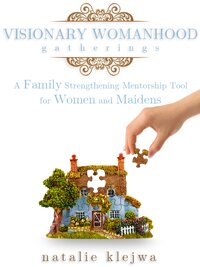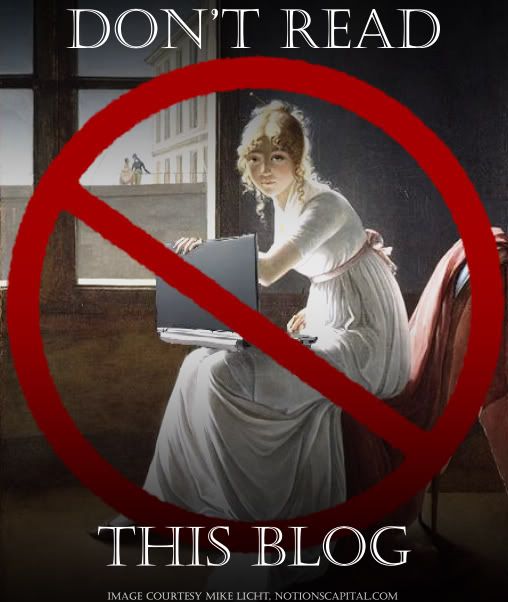Before you take out a second mortgage or otherwise deplete your savings in order to pay for your child’s college education, you might want to ask the colleges to which your child is applying some questions.
1. Can one obtain a Bachelor of Arts degree at your college without having read a single Shakespeare play, one Federalist Paper or one book of the Bible?
If so, why attend such a college?
2. Does the college allow military recruiters on its campus?
Before being threatened by Congress with a cutoff of federal funds, many colleges denied military recruiters access to their campus. They did so either because of their hostility to military in general or specific hostility to the war in Iraq, or because of the military’s “don’t ask, don’t tell” policy regarding gays. If you believe, as reason and history argue, that the American military has done more to preserve liberty on earth than all the professors in all the universities combined, you might not want to send your child to a university that is hostile to the military.
3. In the political science, English, sociology, anthropology and history departments — or any other liberal arts department — what is the ratio of Democrats to Republicans among the professors?
Over 10 years ago, the Rocky Mountain News reported that registered Democrats on the faculty of the University of Colorado at Boulder outnumbered registered Republicans 31-1. If such a ratio exists in the social science departments of your child’s prospective college, why would you want your child to attend such an institution?
4. What are the names of the speakers invited and paid with college funds to speak last year at the college?
Just ask to see the previous year’s speakers list. Colleges set aside funds for visiting speakers. One would assume that a good college seeks to encourage thinking and to that end invites speakers throughout the political spectrum. If your prospective college has a speakers list that is balanced 10 to one in favor of speakers from the political left, that will help you decide whether indoctrination rather than exposure to great ideas is the university’s real agenda.
5. Can my child live in a same-sex dorm and are the bathrooms co-ed?
One generation ago and for all of American history, the university acted in loco parentis, in the place of the parent. You could send your daughter to college more or less assured that the college would act on behalf of her welfare as you would — meaning, for example, that boys had to leave girls dorms by a certain hour. Now, most colleges have no boys or girls dorms and do everything they can to enable boys and girls to fraternize in each other’s rooms at any hour of the night and even share bathrooms.
6. Is Howard Zinn’s “A People’s History of the United States” the most widely assigned American history book?
If the answer is yes, you should consider sending your son or daughter to another university or at least be aware that you will be paying a lot of hard-earned money for your child to be manipulated into believing that America is a bad country, certainly no better than others, as he or she reads what is essentially a proctologist’s view of American history. Zinn believes, as he told me in an interview on my radio show, that America has done “probably more harm than good in its history.”
7. Would a typical graduate of your university be able to say anything intelligent about Josef Stalin, Louis Armstrong, Pope John XXIII or Pope John Paul II, differences between Protestantism and Catholicism, Cain and Abel, the Gulag Archipelago, Franz Josef Haydn, Pol Pot, Martin Luther, Darfur, how interest rates affect the dollar, dark matter, and “Crime and Punishment”; explain what the Korean War was about and when it was fought; identify India on a map; and know the difference between the United Nations General Assembly and the Security Council?
If not, why not? How could someone be considered in any way educated and not be able to intelligently answer all or nearly all of those questions? If they don’t know about such essential and basic things, what do they know? Movies? The supposed dangers of global warming? The importance of race, gender and class? The meaning of menage a trois (or “threesomes”)? Great gay writers?
Unfortunately, the chances are that if you receive any response at all to these questions, it will be a discouraging one. Outside of the natural sciences, colleges are either more interested in liberal indoctrination than in a liberal arts education, or they enable students to take courses that are so narrowly focused that your child graduate will likely graduate as a cultural and historical illiterate. Why so many Americans go into debt paying so much money to such failed institutions is one of the riddles of the universe.
It is time to demand that universities teach. Forcing them to answer the above seven questions is a good way to begin. Because granting a Bachelor of Arts degree on someone who never heard of Cain and Abel and never heard a Haydn symphony is a fraud.








